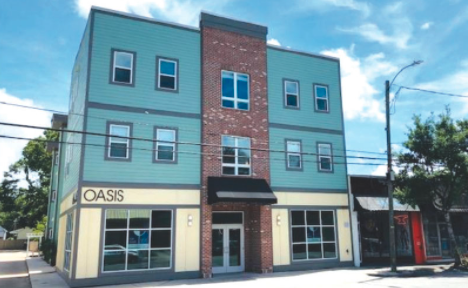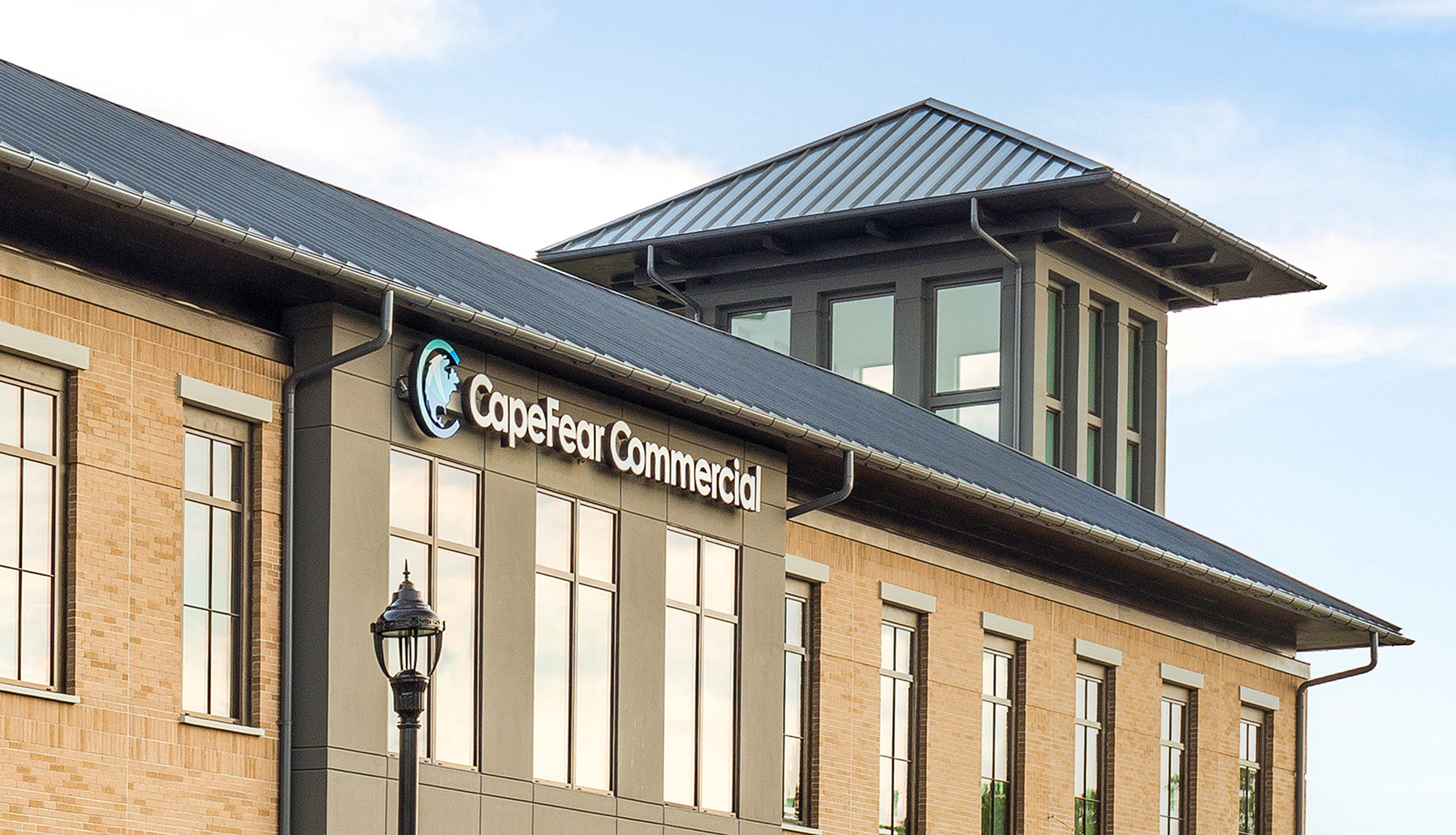Potential Slowdown: Brokers Weigh In
Nov 1, 2019
Story by: Cece Nunn, posted on WilmingtonBiz.com

Garry Silivanch worries about the future.
The partner in Wilmington- based Eastern Carolinas Commercial Real Estate keeps track of the signs – indicators that he believes could be signaling the start of another economic downturn, such as the low unemployment of recent years.
Plus, he’s seen a slowdown in commercial real estate activity in certain sectors his company focuses on.
“Just the amount of transactions we had over the last year are far less,” Silivanch said recently. “We’ve had some big deals, several of them, but what I see is a lot of indecision. I see people taking an awful long time to make a decision to pull the trigger.”
But his is only one of myriad opinions when it comes to whether the area has started to see a change in the state of commercial real estate. Brokers’ thoughts on the matter run the gamut, from great to so-so to preparing for challenges ahead.
“I think the economy still has legs,” said Hansen Matthews, partner in Maus, Warwick, Matthews & Co., another Wilmington-based commercial real estate firm. “Some people have talked about it slowing down as early as spring of next year, but based on what we’re seeing, there’s still plenty of demand.
“Overall, it is a seller’s and a landlord’s market.”
Prices by square foot in office, retail and industrial space for sale or lease remain solid, he said.
“They’re the strongest they’ve been since we came out of the recession,” Matthews said. “I’m generally not seeing buyers’ concern about the next two or three years hamper their decisions to buy or lease now.”
For Silivanch, some of the signs he worries about are less obvious than others.
Silivanch said ECCRE recently listed a 63,000-square-foot building in Wallace.
“We’re in the process of trying to renegotiate a long-term lease with the tenant that’s in it. And then we’ll turn around and sell it as an investment hopefully,” he said. “It’s something that was taken over by the bank, so that scares me … I’m hearing of others that are in trouble.”
Paul Loukas, broker in charge at Wilmington-based commercial real estate firm Cape Fear Commercial, said the market for commercial real estate might look like it’s slowed down, but that’s not really the case.
“It seems the fundamentals for commercial real estate remain strong, but there are some inefficiencies in the marketplace right now … from buyers to attorneys to engineers and so on, everyone is so busy that deals are taking longer to materialize, which in effect has artificially slowed the market down,” Loukas said.
He’s optimistic about next year. “The market and overall demand for commercial real estate is lining up to remain strong for the first part of 2020. Should there be a stock market correction and/or a recession, I do think demand from smaller users and buyers of commercial real estate will inevitably ease,” Loukas said. “Though, in the bigger picture, this could also create some opportunities if construction costs and real estate prices eased.
Terry Espy, real estate broker, developer and president of MoMentum Companies, knows what it’s like to be affected by an economic downtown. The Great Recession, which started at the end of 2007 and lasted until at least 2009, squashed a development project she was working on in Wilmington, resulting in the loss of millions of dollars that went into the planning.
But Espy eventually bounced back, and these days, business is good for Espy and her firm, especially when it comes to leasing activity.
“Weekly, we see two to five, in that range, of new, viable tenants wanting to locate here or start-up here,” Espy said.
Cody Cress and Tyler Pegg of The CRESS Group of Coldwell Banker Commercial Sun Coast continue to see growth, they said in an email.
“We are not seeing any signs of a slowdown in the commercial real estate market locally or regionally. We continue to see moderate and healthy growth throughout our region and commercial real estate sectors. Most of the major commercial real estate sectors remain in the expansionary phase characterized by low vacancy rates, low interest rates, sustained demand, limited inventory and moderate rental rate and sale price growth,” they said.
“Some sectors are in the hypersupply phase including apartments and self-storage with rents still increasing but at a declining rate.”
They said the commercial real estate market is always transforming.
“Retail is obviously evolving due to the Amazon influence where bigbox retailers are typically struggling and on-the-way-home, specialty service retail is in growth mode,” the email stated.
“Southeastern North Carolina is seeing an increase in activity in the industrial market “due to businesses following employees versus the historical reverse,” the email stated. “The office market is similar to industrial in that respect but has seen change with office workers able to work from home offices.”
Cress and Pegg said businesses in the Northeastern United States continue to look at the Southeast for potential relocation because of lower taxes and wages and a higher standard of living.
Meanwhile, Silivanch still sees a potential recession coming, but isn’t all gloom-and-doom about it.
“We’ve gone through this for 50 years,” he said of the economy’s ups and downs. “If we go into recession, it’s going to be temporary. It’s not going to be forever. But I think we’re heading there.”
Another factor will soon come into play, brokers said.
“I don’t know that anybody’s crystal ball is sharp enough to go out five years with any accuracy,” Matthews said. “I believe that the upcoming elections in 2020 will have a lot to do with the next four years [that] follow those elections.”
View the original story on Greater Wilmington Business Journal’s website.

